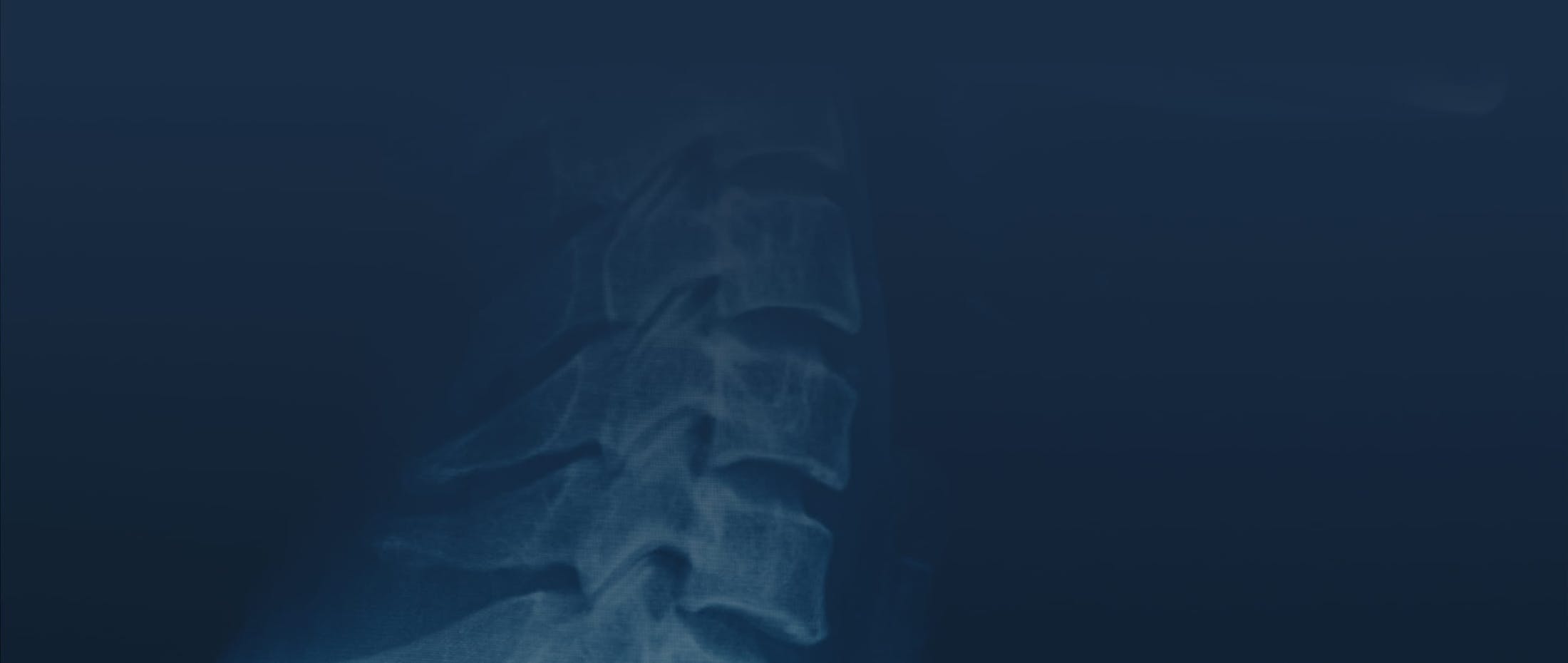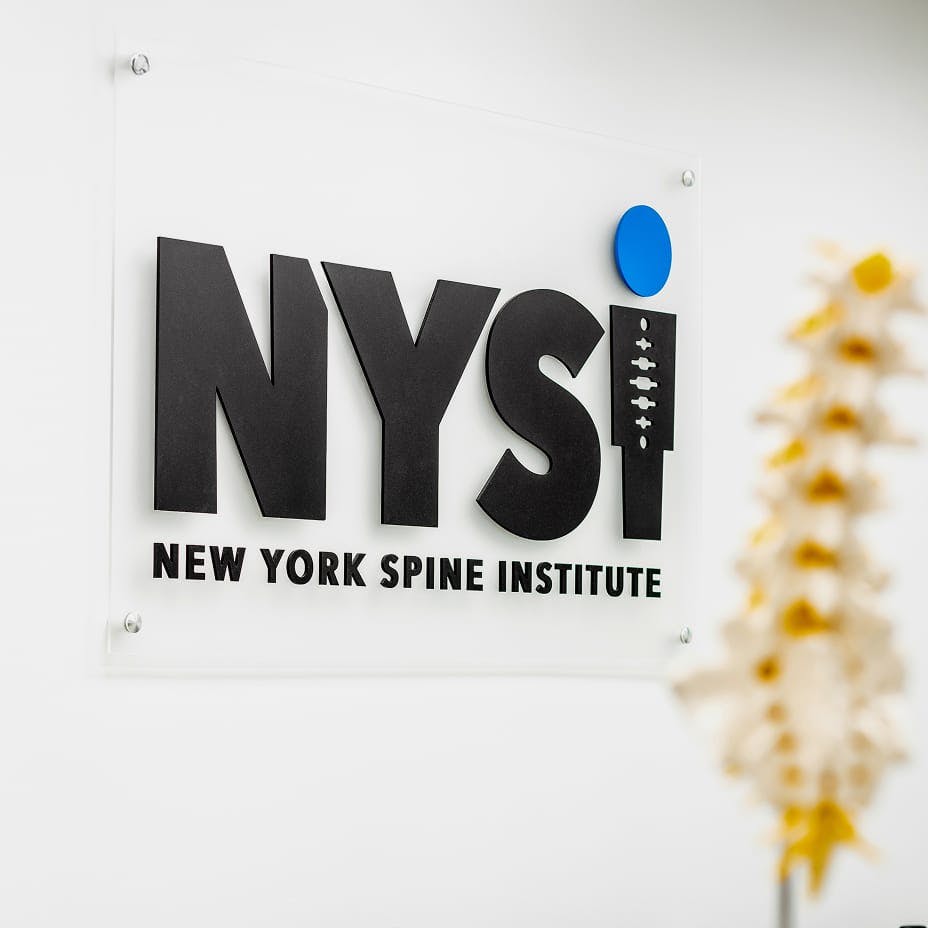Orthopedic Spine Division
At New York Spine Institute, our orthopedic spine specialists take the mystery out of your spine pain, medically. We use modern diagnostics to get to the root of your disorder. We provide advanced, proven treatments to give you the relief you need so you can get back to your life.
At New York Spine Institute, your medical care will be directed by Alexandre B. de Moura, M.D., FAAOS, a board-certified orthopedic surgeon specialized in spine surgery and with advanced training in the bone and neurological disorders of the spine. He has helped thousands of patients overcome their spine conditions and return to their normal level of function. More importantly, Dr. de Moura gives you his respect, patience and understanding by taking the time to get to know you, to explain your condition and your treatment, and to answer all your questions.*








